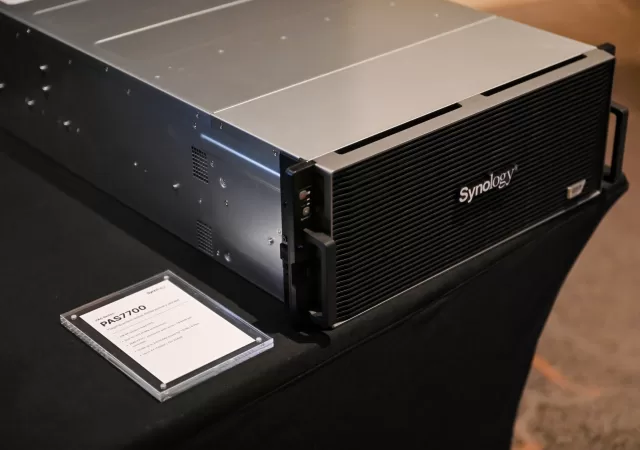Electronic Arts (EA), the global publisher behind franchises like Madden NFL, The Sims, and Battlefield, has officially announced that it will be taken private in a historic $55 billion acquisition. The all-cash deal, led by private equity firm Silver Lake Partners and the Saudi Arabian Public Investment Fund (PIF), marks the end of EA’s 36-year run as a publicly traded company.
A Publisher at the Crossroads: Profit vs. Player Trust
The decision to go private comes at a contradictory time for the publisher. Financially, EA possesses one of the industry’s most robust portfolios, with sports franchises providing consistent, high-margin revenue. However, the period leading up to the announcement was characterised by stagnating annual revenues, which hovered between 7.4 billion and 7.6 billion over the past three fiscal years. While the company was profitable, it struggled to achieve the substantial stock growth demanded by public shareholders.

On the other hand, the publisher is facing consistently negative gamer sentiment, stemming from a long-standing perception that EA prioritises revenue generation over delivering quality player experiences. This is primarily due to the company’s aggressive push of the live-service model into franchises best known for narrative and single-player depth.
The Star Wars franchise is a defining example of this conflict. While titles like Jedi: Fallen Order were well-received, the brand’s reputation was severely damaged by the 2017 launch of Star Wars Battlefront II. That title sparked massive consumer outrage by integrating a “pay-to-win” system using randomised loot boxes, forcing a major public overhaul of the monetisation strategy.
More recently, the company fueled further criticism following the release of Dragon Age: The Veilguard. Despite achieving critical acclaim, CEO Andrew Wilson suggested that the game’s financial failure stemmed from a lack of live-service components, ignoring the community’s primary desire for better story execution and deeper role-playing mechanics. Such executive focus on recurring spending, rather than addressing community concerns about core creative vision, has solidified the perception that EA’s decisions are fundamentally misaligned with its audience.
The Technicalities and Strategic Outlook
The acquisition valued the deal at USD$210 per share for EA stockholders, which was a notable 25% premium. The transaction is funded by a combination of equity and approximately USD$20 billion in debt financing.

Andrew Wilson will remain at the helm in his role as CEO, ensuring leadership continuity. The investor consortium, which includes PIF rolling over its existing 9.9% stake, plans to use its global networks and capital to unlock new growth opportunities.
The primary strategic benefit of going private is the freedom to escape quarterly scrutiny and invest through multi-year development cycles. The new ownership plans to accelerate the integration of AI tooling to potentially reduce development costs and enhance content creation. This provides EA with the space to restructure and pursue complex long-term goals.
Ultimately, the privatisation is a massive bet on EA’s intellectual property, but the outcome for gamers remains the central question: will this freedom be leveraged to deliver superior product quality, or will the 20 billion in debt necessitate an even more aggressive monetization strategy?






